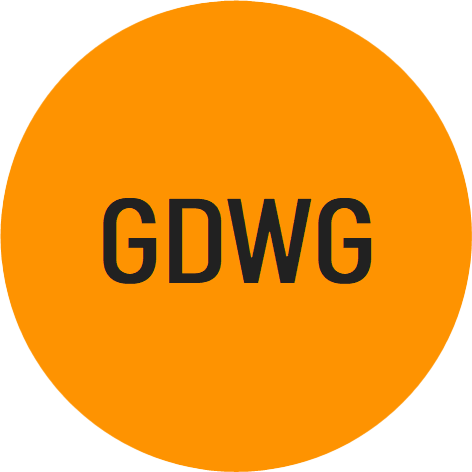Who We Are
Gatwick Detainees Welfare Group was set up in 1995 when the UK Immigration Service began to detain people at a small holding centre near Gatwick Airport. The following year, Tinsley House Detention Centre was built, and we became a registered charity. We work to improve the welfare and well-being of people held in detention, by offering friendship and support and advocating for fair treatment.
An additional detention facility at Gatwick, Brook House, opened in March 2009. Brook House operates alongside Tinsley House, and both centres are currently run by Serco. GDWG supports people held at both centres. Since May 2017, there has also been a pre-departure accommodation unit at Tinsley House, where families can be held for up to 72 hours.
GDWG has now grown to around 70 volunteers, who visit and befriend people held in immigration detention at Brook House and Tinsley House. The group believes that each person held has a right to be treated with respect, whatever the outcome of their case. Our staff team co-ordinate and support volunteers, as well as providing support and advocacy to detained people.
We are non-party political and do not represent any vested interests. We use our own insight into the experiences of people held in detention to try to improve conditions, inform policy and challenge negative images of people affected by the immigration process, both through our own work and by networking with other organisations who provide support, such as the Association for Visitors to Immigration Detainees (AVID). We are also participating members of the Detention Monitoring Group and Detention Forum.
What We Do
Whether a person has recently arrived in the UK or has been here for many years, the experience of detention is traumatic. People are held for indefinite periods which has a terrible impact on the mental health of those detained. Our volunteers undertake to visit one person weekly, helping to reduce their isolation, showing solidarity and acting as a contact with the outside world.
One of the greatest problems faced by people held indefinitely in immigration detention, is lack of access to good quality legal advice. GDWG try as far as possible to make appropriate referrals on behalf of detainees. By liaising with solicitors, or clarifying the legal process, we try to ensure that everyone we meet receives a fair hearing. We also help people make complaints where appropriate, and collate information, along with other visitors’ groups, with a view to improve the well-being of people in detention.
We give talks in schools in the local area to raise awareness of our work and detention issues. Refugee Tales is an outreach project calling for an end to indefinite detention and we run ‘Walk with Us’ for people who have experienced detention to join walks on release. Refugee Tales anthologies with the tales of those indefinitely detained are available from Comma Press.
We respond to practical needs whenever we can such as providing second-hand clothing, phone credit and supermarket vouchers for those experiencing destitution after detention. We support families who wish to visit their loved ones held at Gatwick and invite people who have experienced detention to join our walking community for walks in the countryside on release.
After nearly 30 years of our work, Karris Hamilton, the Advocacy Manager at GDWG wrote this reflection:
When I think of GDWG I think of human connection.
I think of building trust, brick by brick with people whose lives have taught them it is not safe to trust others.
I think of slowly repairing what has been torn apart.
I think of accepting people as they arrive and keeping judgment at bay.
I think of holding a space for someone, a space that is just for them.
Where they can be free, knowing that it is safe, and we will continue to be there.
I think of tears, difficult conversations, distress, and pain.
I think of not knowing what to say.
But I also think of joy!
I think of laughter and jokes,
And courageous people finding hope where there appears there is little.
I think of community and solidarity.
I think of continuously fighting against a system that has been created to break people down.
Unwaveringly showing up, trying to maintain hope and channelling anger in order to use it to demand change.
And to power us to keep going, day after day.


